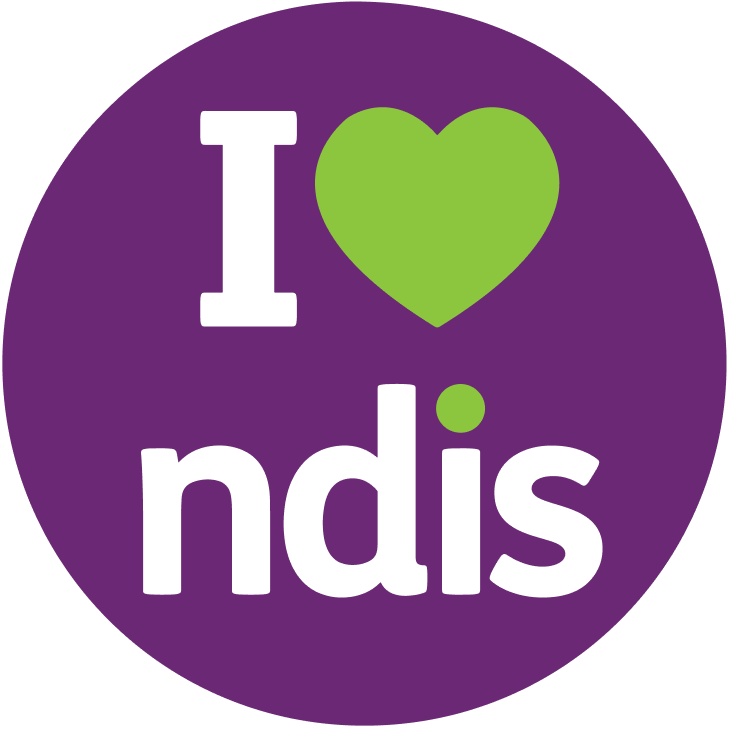Sessions
You will be linked with the client’s allied health professional before you start working independently with the client. The allied health professional will either provide a verbal handover or allow you to sit in on consultations. An advisor at Fora will provide non-clinical support for your role. They help in setting up initial meetings and [...]
Your point of contact will vary depending on what type of information you are seeking. Here are the three main contacts in each therapy assistant and client relationship and what you would reach out to each of them for: Client or client’s main carer: Anything related to client and how you can build rapport Please [...]
Under the NDIS Practice Standards, therapy assistants must meet the following quality indicators in order to ensure clients’ assets are secure and can be used under the client’s autonomy: Clients money or property can only be used with their consent, and only for purposes specified by the client. If a provider (or worker) is given [...]
You are covered for professional indemnity and public liability for: Allied health insurance exercise physiology physiotherapy psychology speech therapy occupational therapy hydrotherapy community and disability services You are covered for any injury that may arise from your work by WorkCover insurance. Please note that if you elect to transport clients in your car, any incident [...]
The main thing is to be fully transparent and professional with your client at all times. If you believe there will be a potential change or there is an unexpected change in your schedule, please let the client and Fora know as soon as possible. This allows the client to prepare for a change in [...]
Fora has a 1.5 hour minimum session time for all sessions, except public holidays which have a 2-hour minimum. Client's utilising Core Support funding have a 2-hour minimum for all sessions.
To book sessions, you will need to speak with your client directly or via phone or email. Usually the client or the client's family will reach out to the therapy assistant (or vice versa) at the start of each week via SMS to book in a session time. Scheduling operates on a casual basis and [...]
The number of hours you’re likely to work depends on each individual client. Clients typically have a 1.5-hour minimum session time, and some have a 2-hour minimum. Please ask us if you're not sure what your client has. So if you are working with 1 client, your minimum hours per week would be 1.5 or [...]
Typically allied health assistants work in their client’s homes, however the location of sessions will depend on the client’s goals. Sessions can occur in gyms, swimming pools, a local sport or recreation facility, library, schools, aged care facilities or elsewhere in the community.
This depends on your own capacity to handle your workload and is your decision. Some therapy assistants are happy working with one client, but there are others who can manage multiple clients with full-time study. If you would like more hours you can elect to take on more clients. But is essential that you don't over-commit or [...]
Please call or text us the details so we know that you are away (otherwise, we may be worried that you aren't responding to our calls or messages). If you are going to be on placement, please discuss with the family if any alternative arrangements can be made. For example, working in the evenings or [...]
Since you are a casual employee, there is no set notice period. Just let us know as soon as possible. Depending on your circumstances, we may ask you to continue working any clients in your caseload for a short time after you've given notice to ensure continuity of care.


